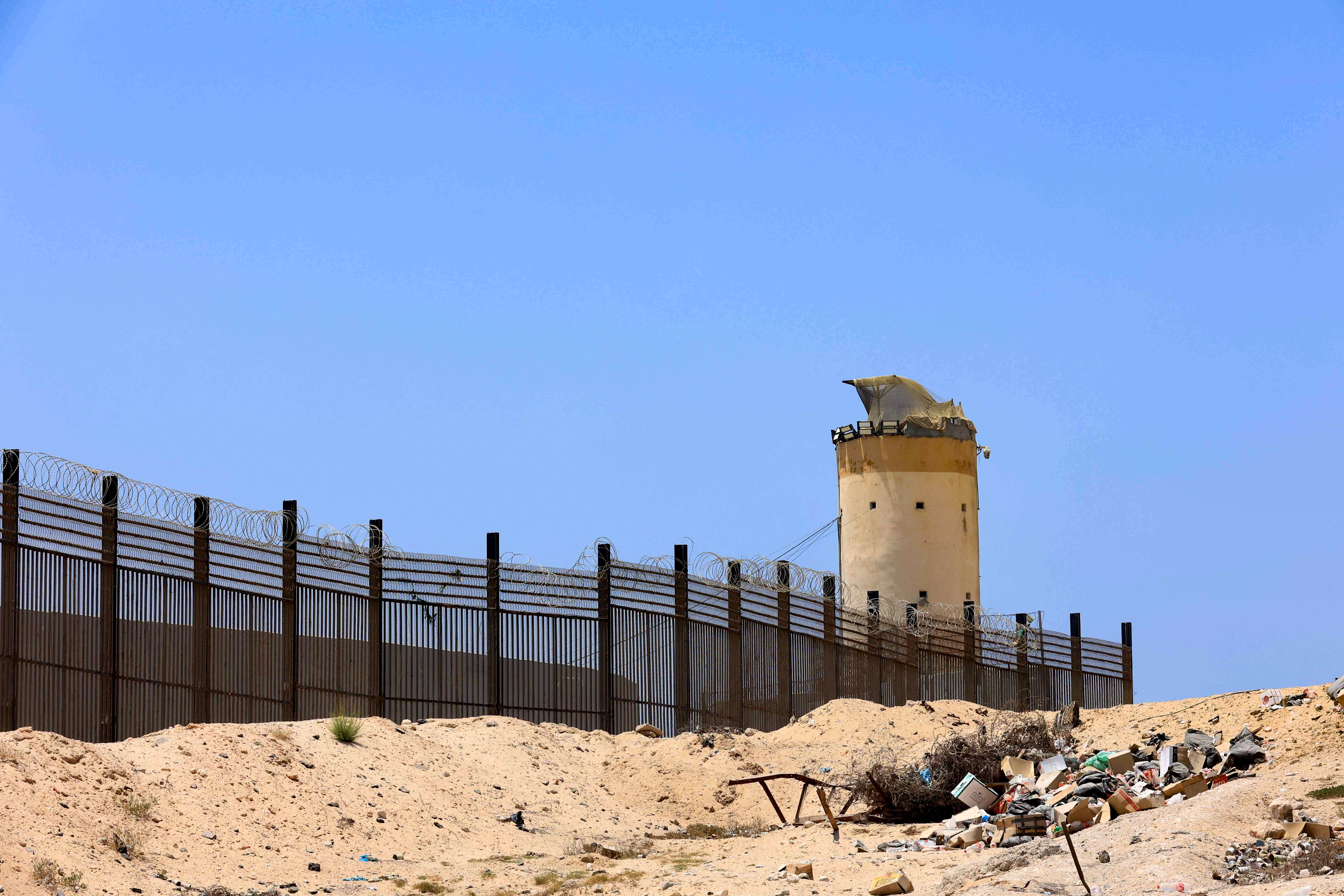Israel-Gaza War, Opinion
"If we hold it - we can strangle them": Why holding the Philadelphi corridor is vital for defeating Hamas
Military historian Dr. Yagil Henkin explains why Israel must hold the Philadelphi corridor if it seeks to defeat Hamas in Gaza.

A few thoughts on the question of the Philadelphi corridor, so hotly debated right now:
Dr. Yagil Henkin is a military historian and a fellow at JISS, as well as a lecturer at Shalem College.